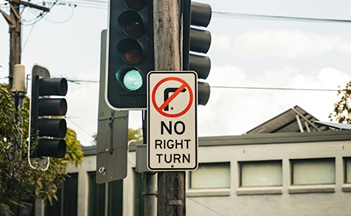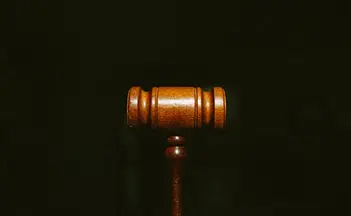In every courtroom, the judge’s gavel represents more than authority—it symbolizes fairness, order, and the rule of law. Judges play a central role in shaping justice, not only by enforcing the law but also by interpreting it, ensuring fairness, and protecting individual rights. Their decisions can have lasting impacts on people, communities, and society as a whole.

The Judge as a Neutral Arbiter
One of the judge’s primary roles is to remain neutral and impartial. They must listen to both sides of a case, examine the evidence, and apply the law without bias. This neutrality helps build public trust in the justice system.
2. Interpreting the Law
Laws are not always clear-cut. Judges are often called upon to interpret complex statutes and legal principles, ensuring they are applied correctly to each unique case. Their interpretations can set precedents that shape future cases, influencing the broader legal landscape.
3. Protecting Rights and Freedoms
Judges are also guardians of constitutional and human rights. By striking down unjust laws or ensuring due process, they protect individuals against misuse of power. This makes the judiciary a cornerstone of democracy.
4. Sentencing and Accountability
When a conviction occurs, judges decide the appropriate punishment. This responsibility requires balancing justice for victims, accountability for offenders, and opportunities for rehabilitation. The gavel ensures that punishment is fair and proportional.
5. Beyond the Courtroom
The influence of judges extends beyond individual cases. Landmark rulings on civil rights, equality, and freedom of expression demonstrate how judicial decisions can reshape society, promoting justice and social progress.


